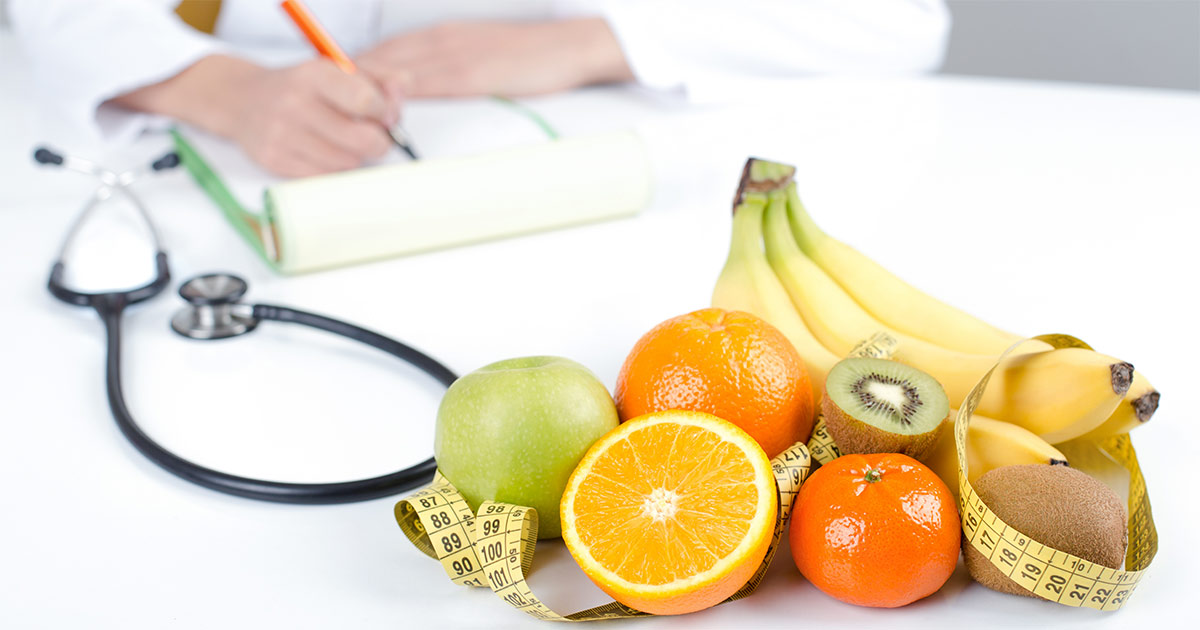Best Foods Recommended by Nutritionist & Dietitian for Energy
Best Foods Recommended by Nutritionist & Dietitian for Energy
Blog Article
In today’s fast-paced world, many people find themselves feeling drained before the day is even halfway through. Whether it’s due to busy schedules, poor sleep, or skipped meals, a lack of energy can impact your productivity and mood. But there’s good news—your daily food choices can dramatically boost your energy levels. According to a Nutritionist & Dietitian in Dubai the key lies in choosing nutrient-dense foods that support steady energy release, improved focus, and physical vitality.
Why Food Is Fuel
Food isn’t just something to fill your stomach—it’s the body’s fuel. Just like a car runs on gas, your body runs on the calories and nutrients you consume. The better the quality of your food, the more efficiently your body operates. Nutrients like complex carbohydrates, healthy fats, proteins, vitamins, and minerals all play a vital role in energy production.
Whole Grains for Steady Energy
Whole grains are a staple in energy-boosting diets. Unlike refined carbohydrates, whole grains digest slowly, providing a consistent release of glucose into the bloodstream. This prevents energy crashes and keeps you full longer.
Top picks include:
Oats
Quinoa
Brown rice
Barley
These foods are rich in B vitamins, which are essential for converting food into usable energy. Start your day with a bowl of oatmeal topped with berries and nuts, and you’ll notice the difference in your stamina.

Lean Proteins for Endurance
Proteins help repair tissues and build muscle, but they also stabilize blood sugar, preventing sudden dips in energy. A Nutritionist & Dietitian often recommends lean protein sources to keep energy levels consistent throughout the day.
Excellent options are:
Eggs
Greek yogurt
Chicken breast
Lentils
Cottage cheese
Incorporating these into every meal can prevent fatigue and enhance physical endurance. For a balanced lunch, try grilled chicken with quinoa and a side of steamed vegetables.
Healthy Fats for Brain Power
Not all fats are bad. In fact, healthy fats are crucial for brain function and long-lasting energy. Foods high in omega-3 and monounsaturated fats support cognitive performance and help the body absorb fat-soluble vitamins like A, D, E, and K.
Smart fat sources include:
Avocados
Olive oil
Nuts and seeds
Fatty fish like salmon and mackerel
Adding avocado slices to your toast or snacking on almonds during a break can sharpen focus and combat mental fatigue.
Fresh Fruits for Quick Energy
Fruits are nature’s instant energy boosters. Packed with natural sugars, fiber, and antioxidants, they provide a quick and clean energy source without the crash that follows sugary snacks. Their high water content also helps maintain hydration, another critical factor in energy maintenance.
Energy-rich fruits are:
Bananas
Apples
Oranges
Berries
Grapes
A banana paired with a spoonful of peanut butter makes for a powerful pre-workout snack or midday energy booster.
Leafy Greens for Cellular Function
Leafy greens might not seem like energy foods at first glance, but they’re loaded with iron, magnesium, and nitrates—all vital for cellular energy production. Iron, in particular, helps carry oxygen throughout the body, reducing fatigue and boosting endurance.
Top choices:
Spinach
Kale
Swiss chard
Romaine lettuce
Blending greens into smoothies or adding them to omelets and sandwiches can give your meals a subtle yet powerful energy boost.
Nuts and Seeds for Sustained Fuel
Small but mighty, nuts and seeds are a compact source of energy. They offer a good mix of protein, healthy fats, and fiber, all of which contribute to longer-lasting energy. Plus, they’re easy to take on the go.
Energy favorites:
Almonds
Walnuts
Chia seeds
Pumpkin seeds
Sunflower seeds
Keep a small container of mixed nuts in your bag for a quick snack during a slump in the afternoon.
Hydration and Energy Go Hand in Hand
Often overlooked, water is one of the simplest and most effective energy enhancers. Even mild dehydration can cause fatigue, brain fog, and irritability. Adding hydrating foods such as cucumbers, watermelon, and oranges can also help meet daily fluid needs.
Tips to stay hydrated:
Start your morning with a glass of water
Infuse water with lemon, mint, or berries
Drink consistently, not just when you’re thirsty
Sometimes, a glass of water does more for your energy levels than a cup of coffee.
Smart Meal Timing
Eating the right foods is only half the battle—timing matters too. Skipping meals or eating heavy meals at the wrong time can lead to sluggishness. Most Nutritionist & Dietitian experts recommend eating small, balanced meals every 3 to 4 hours to maintain steady energy throughout the day.
Sample day:
Breakfast: Greek yogurt with granola and fruit
Mid-morning snack: Almonds and an apple
Lunch: Brown rice, grilled chicken, and steamed broccoli
Afternoon snack: Hummus with carrot sticks
Dinner: Baked salmon, quinoa, and spinach salad
This approach prevents energy crashes and keeps your metabolism running smoothly.

Avoid Energy Zappers
Certain foods and habits can drain energy instead of boosting it. These include:
Sugary snacks and drinks
Highly processed foods
Excess caffeine
Skipping meals
Heavy, greasy meals
Cutting back on these can dramatically improve how energetic you feel throughout the day.
Final Thoughts
Eating for energy doesn’t mean following a restrictive diet—it means choosing the right balance of nutrient-dense foods that keep your body fueled and your mind focused. A Nutritionist & Dietitian Dubai will often emphasize the importance of consistency, variety, and moderation in crafting a diet that supports optimal energy levels. With the right food choices, you can break free from the mid-day slump, power through your to-do list, and still have enough energy left for the things you love. Let your plate be your powerhouse—full of color, full of nutrients, and full of life.
Report this page